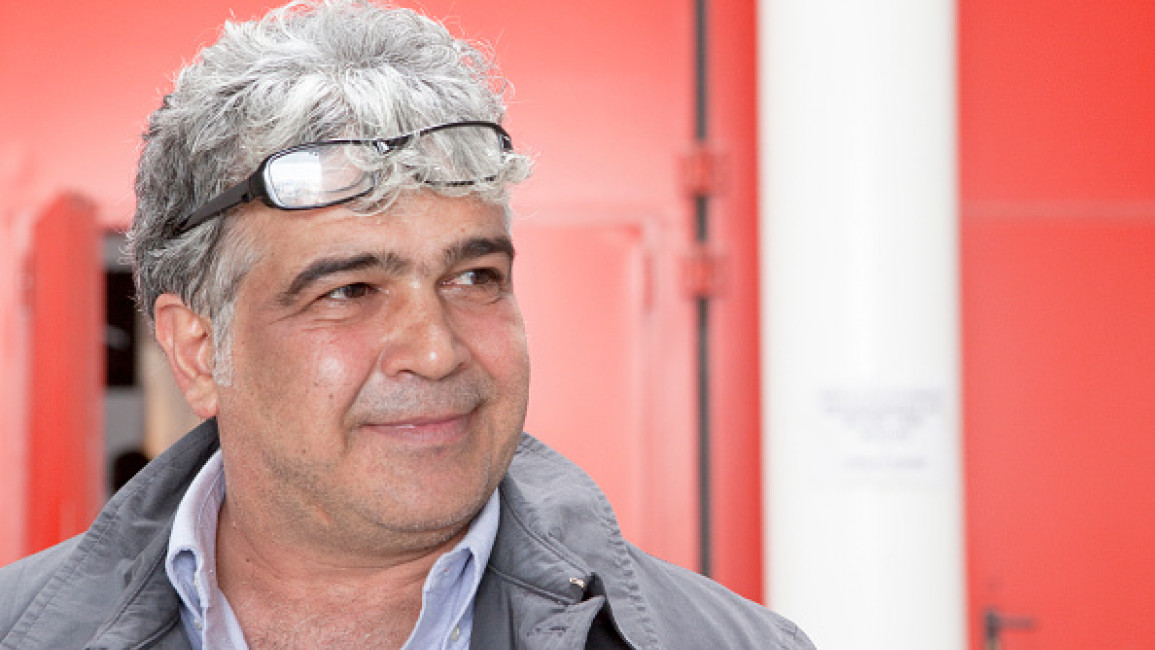The passing of renowned Syrian novelist and screenwriter, Khaled Khalifa, at the age of 59, has left a profound void in the world of literature and art. Khalifa, who had been a fervent critic of the Assad regime, succumbed to a severe heart attack in his home in Damascus, as reported by a close family source to Agence France-Presse (AFP).
Khalifa’s close friend, Yaarub al-Issa, recounted the heartbreaking discovery of his lifeless body on his couch, after multiple unanswered calls. Medical professionals later confirmed the cause as a severe heart attack.
Throughout his career, the late writer was widely recognized for his unwavering stance against the Assad militia and his consistent criticism of the regime’s policies, most notably in his 2016 novel “Death is Hard Work.” Khalifa was a staunch supporter of the Syrian revolution since its inception.
His dedication to the cause led to personal sacrifices, including a physical assault by security forces during his participation in the funeral of Syrian musician Rabih Ghazi on May 26th, 2012.
Resurrecting the Syrian National Project: The Suweida Uprising and the Path to Peace
Numerous writers, politicians, and media figures paid tribute to Khalifa on social media, with director Haitham Haqqi remembering him as a dear friend and a collaborator in various television projects. The loss of Khalifa, the talented novelist and cherished friend, was deeply felt by those who knew him over the years.
Syrian journalist and critic Muhammad Mansour praised Khalifa for his friendship, describing his novels as profound reflections on the intricacies of Syrian society. He noted that Khalifa’s courage in speaking the truth became even more evident during the revolution.
Kinda Alloush, a revolutionary artist, expressed her condolences and wished for solace for Khalifa’s loved ones. Meanwhile, Ibrahim Hamidi lamented the sudden departure of his lifelong friend, praising Khalifa’s optimism amid adversity and his creative spirit during challenging times.
Yahya al-Aridi, a Syrian opposition politician, bid farewell to Khalifa, acknowledging the unfinished work that remains and the profound loss his passing represents. Historian and writer Saad Fansa mourned his friend, emphasizing their shared pursuit of freedom.
Khalifa’s literary contributions earned him acclaim and recognition. His novel “No Knives in the Kitchens of This City” secured the prestigious Naguib Mahfouz Prize for the Novel in 2013. His work “Praise of Hatred” garnered international attention and was shortlisted for the International Prize for Arabic Fiction in 2008. Translated into several languages, including French, Italian, German, Norwegian, English, and Spanish, his novel “Death is Hard Work” continued to captivate readers worldwide.
Reflecting on the climate in Syria during a lecture in Zurich, Khalifa acknowledged the pervasive fear that characterized life under dictatorial regimes. He observed that while the Syrian people believed they had overcome fear in 2011, new uncertainties had taken its place, leaving the nation standing at the precipice of an uncertain future, with the world’s gaze upon them. Khalifa’s voice, which dared to speak truth to power, has left an indelible mark on Syrian literature and the ongoing struggle for justice.
This article was translated and edited by The Syrian Observer. The Syrian Observer has not verified the content of this story. Responsibility for the information and views set out in this article lies entirely with the author.


